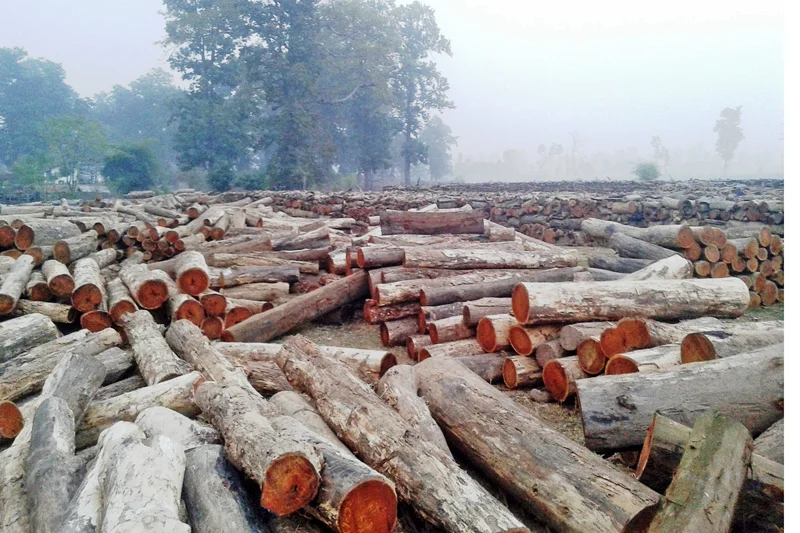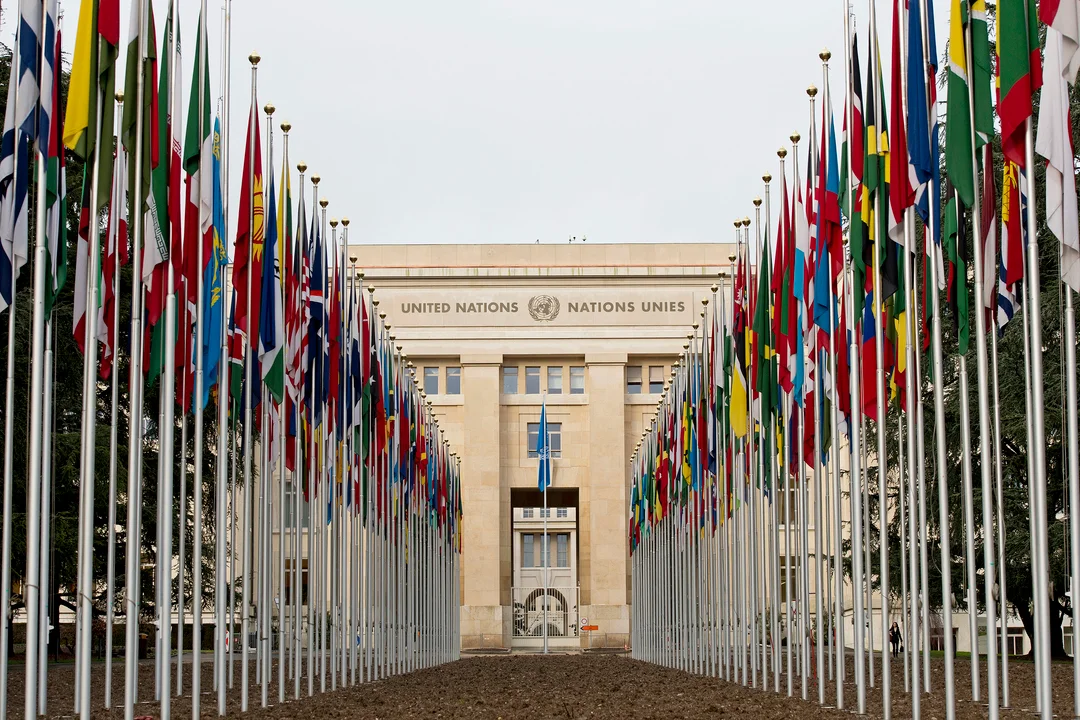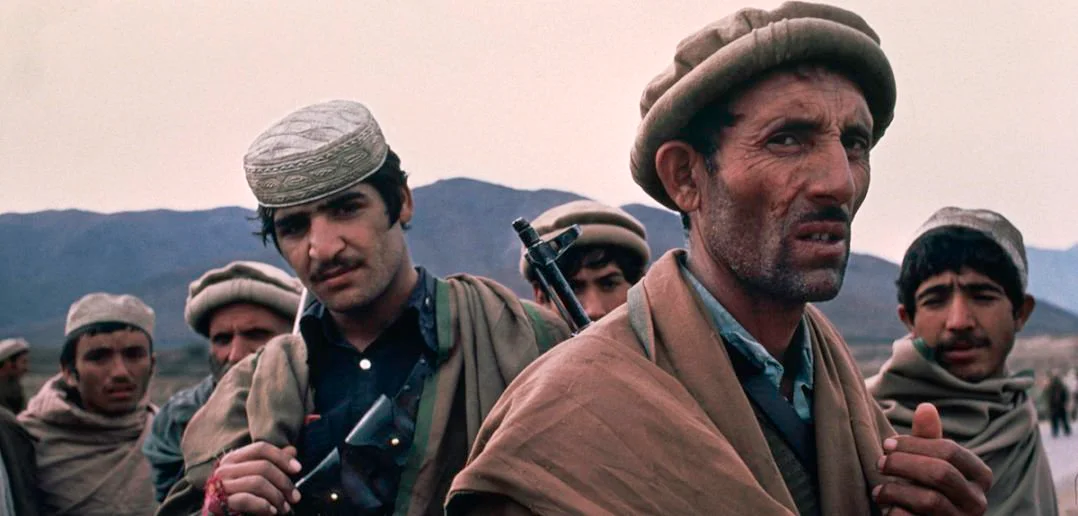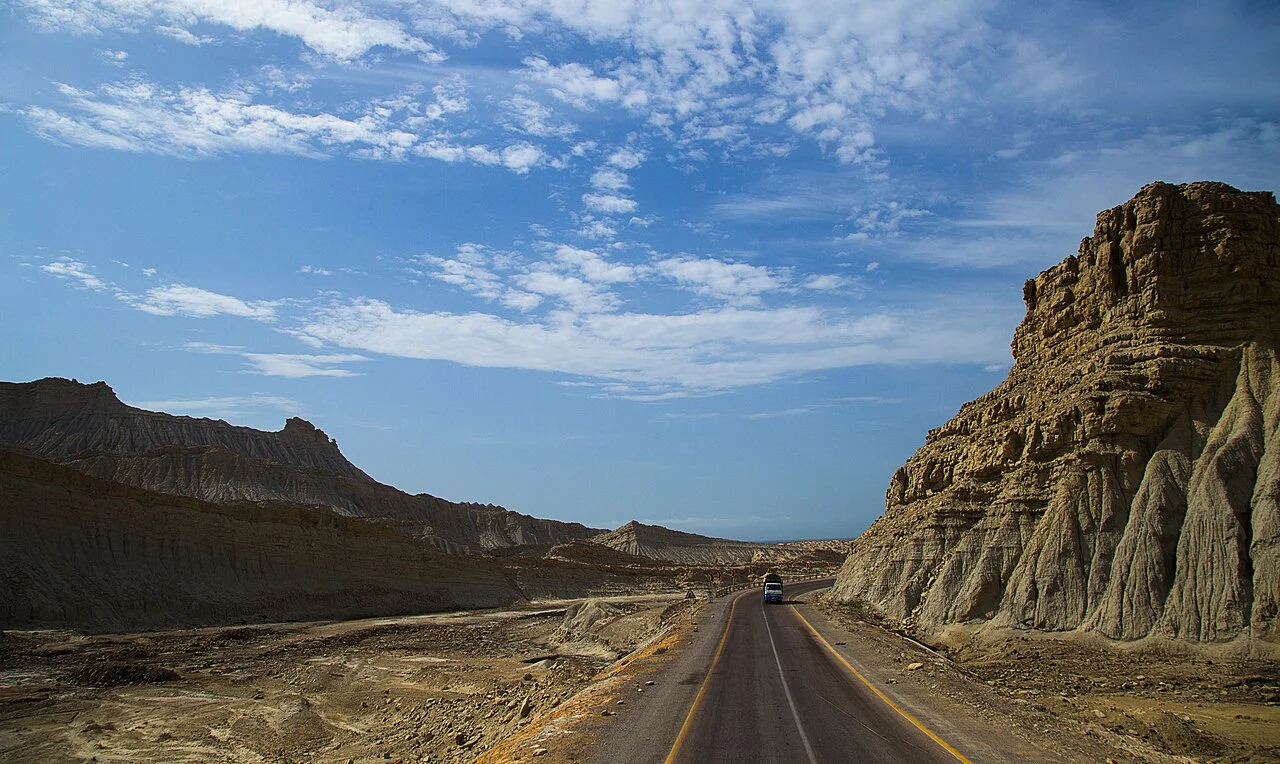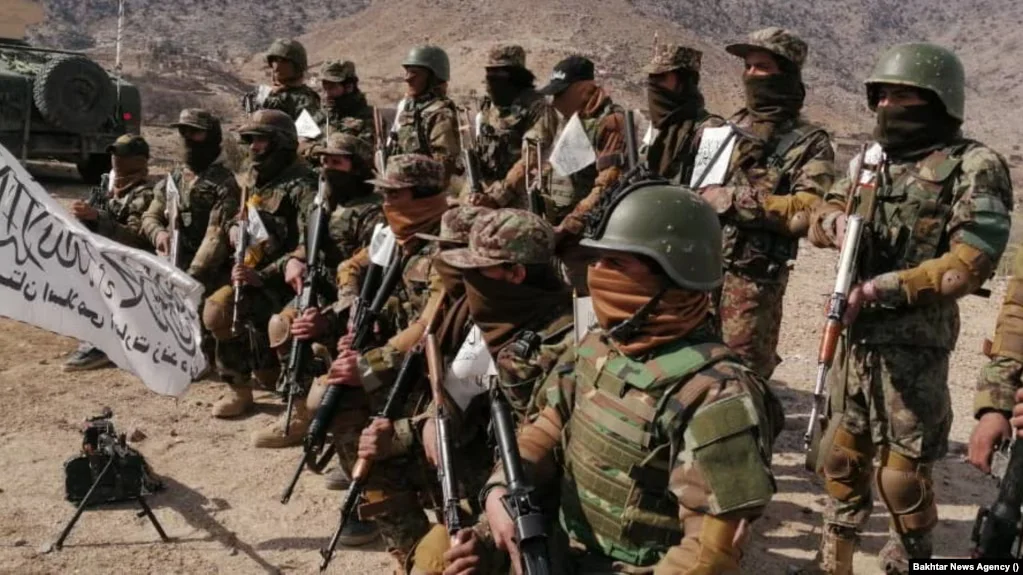Earlier this month, Mahesh Joshi, a provincial assembly member in of Nepal’s Sudurpaschim Province, announced that tonnes of illegally bought timber was being used in public and private construction in Kanchanpur district.
“The construction of a campus building in Belauri, Kanchanpur is making use of Illegally felled trees,” Joshi said in a statement.“Many other government, non-government buildings and private housing are also using seized wood for construction.” He added.
Moreover, the increased use of seized illegal lumber has escalated recently. This was after the federal government imposed a nationwide ban on logging and timber sales in many parts of the province.
The ban: when and why?
Furthermore, in May 2020 the federal government banned logging and transportation of timber. Alleged financial irregularities in sales, tenders, rapid tree-felling and the expenditure of the community forest funds will be looked into.
Additionally, a spokesperson for Ministry of Forest and Environment, Sindhu Prasad Dhungana, said that the cabinet had also decided to form an investigation committee. A report was due within two months after commencement of work.
Two sub-committees will probe the matter. Field visits along with matters being discussed with experts and the Forest Minister and officials has been the modus operandi so far. However, it could take a while before findings are made public.
The results of the ban
Since the ban, consumers haven’t been able to get timber through the District Forest Products Supply Committee. Moreover, over 13,500 cubic feet timber, stock of the supply committee, is decaying in the monsoon rains. However, timber sale on the black market is thriving.
“Construction has not stopped even though all legal supply channels have been shut off. This indicates a boom in the illegal timber trade in the province. Especially in the urban areas.” said a Supply Committee official in a statement.
Consumers are complaining that unavailability of timber has pushed them to resort to buying wood off the black market at exorbitant prices.
The illegal trade
Smugglers are taking advantage of this disparity in demand and supply. The locals have no choice but to buy from them.
Parliamentary committee chairperson Subedi said she was aware of the grievances of forest user groups on the existing ban. It’s ironic that illegal logging continues to thrive, due to a shortage of timber in the market. All while the legally felled timber, for which tradesmen have paid taxes rots.

